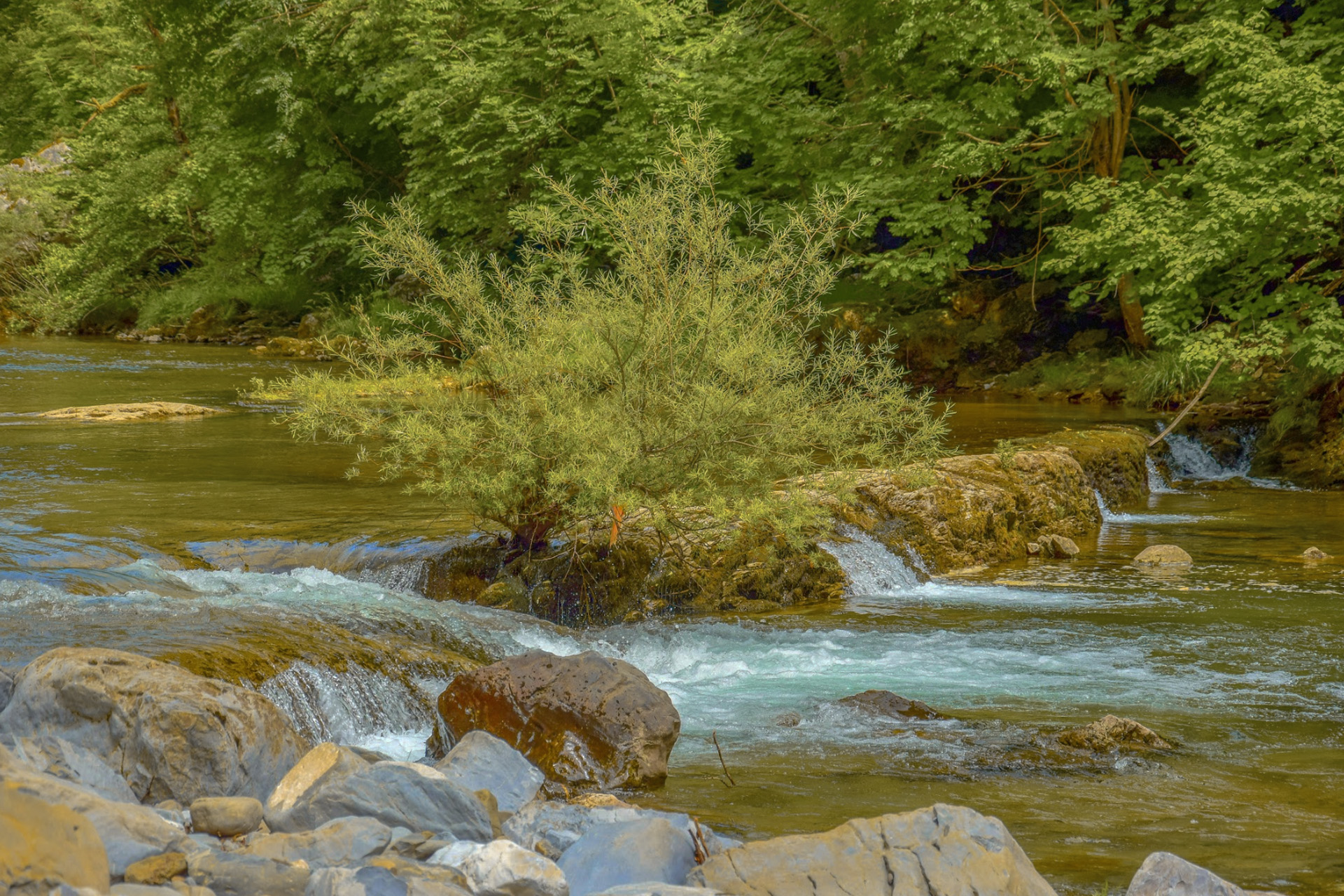Environmental degradation along the DAS Serayu in Central Java has led to high sedimentation levels. Heavy rainfall causes flooding, particularly on roads leading to Dieng, where agricultural land conversion, especially for potato farming, has reduced water absorption capacity. The significant volume of water carries mud to the upper reaches of the Serayu River Basin, resulting in considerable sedimentation that is transported into the Mrica Reservoir. This sediment buildup reached 83% of the reservoir’s capacity in 2021, with an estimated annual sedimentation rate of 4.09 million cubic meters, leaving only 17% of the water volume. Sedimentation has also polluted the river, causing significant fish mortality and disrupting the raw water supply for the regional water utility (PDAM) in Banyumas and Cilacap Regencies.
InterventionIn 2017, the Serayu Opak River Basin Authority (BPDAS) and the Banyumas Regency Government planted 61,000 trees in five sub-districts around the watershed to preserve water catchment areas. Additionally, 10,000 fish fingerlings were released into the Serayu River for World Water Day. Tree planting and river clean-up activities were organized by the Jateng government and Wonosobo Regency Government, with Perum Jasa Tirta I donating 500 conservation trees for the upstream area.
Collaboration between the Cilacap government, KKP, FAO, and the GEF-funded IFish project focuses on biodiversity conservation and sustainable inland fisheries in the downstream area. The Serayu Opak Progo Watershed Management Agency (BPDAS SOP) initiated various conservation activities, including “One Man One Tree,” the National Movement for Forest and Land Rehabilitation (Gerhan), “Indonesia Planting,” “Plant Small, Harvest Big,” and the Women’s Movement for Planting and Caring for Trees, involving community self-help efforts.
PLN IP Mrica GPU released 100,000 fish seedlings to boost biodiversity and the ecosystem in the lower Serayu River basin. This initiative, in collaboration with the community, aims to increase the fish population and establish a conservation program to prevent the extinction of native fish species.
PLN also cultivates seedlings in the Hijaunesiapower pilot project area, providing plant seedlings for goat fodder such as Indigofera, Gama Umami, Kaliandra, Moringa, and Cassava, totaling 112,000 tree seedlings in collaboration with the Ministry of Environment and Forestry. The Forum Peduli DAS Solo assists community forests in obtaining sustainable forest management eco-label certifications, ensuring legal compliance and preventing land and forest degradation.

